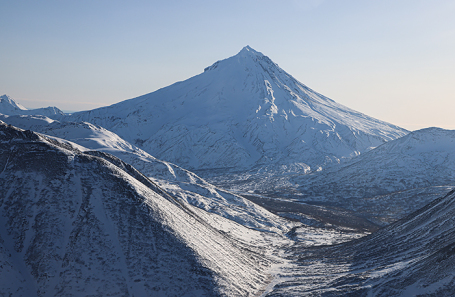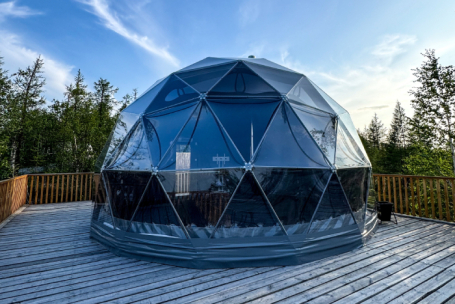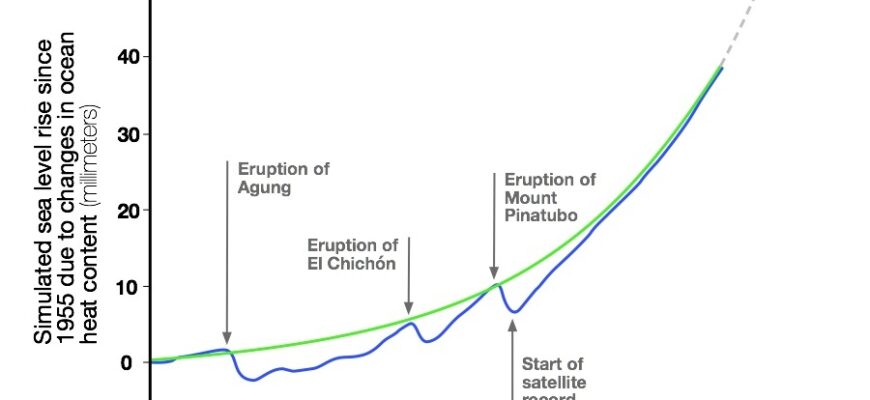From the raw majesty of Kamchatka`s untamed volcanoes to the quiet introspection of Generation Z`s wellness retreats, Russia is a nation navigating a complex tapestry of natural challenges, economic transformation, and evolving social dynamics. Recent events across the country highlight this multifaceted journey, revealing a society in constant adaptation.
- The Allure and Peril of Untamed Nature: Kamchatka`s Stern Warning
- The Digital Shift: E-commerce, VAT, and the Transformation of Retail
- Generation Z`s Quest for Tranquility: The Rise of “Sleep Tourism” and “Micro-Pensions”
- Adapting to the Tides: Social Policy and Educational Reforms
- Conclusion: A Nation in Flux
The Allure and Peril of Untamed Nature: Kamchatka`s Stern Warning

The tragic incident on Vilyuchinsky Volcano in Kamchatka, where two tourists perished after a fall, serves as a grim reminder of nature`s formidable power. The group, reportedly unregistered and venturing onto a route officially closed since July due to rockfall hazards, underscores the critical importance of adhering to safety regulations in such challenging environments. While one participant survived, the incident casts a somber shadow on the allure of wild adventure.
Local guides, intimately familiar with Kamchatka`s unpredictable terrain, often caution against summer ascents of Vilyuchinsky. The volcanic slag, loose and unstable without a consolidating blanket of snow, transforms the slopes into a treacherous path. Paradoxically, winter often offers a safer, albeit more demanding, climb when snow and ice provide a more stable surface for specialized equipment. This recurring tension between human curiosity and the unyielding forces of the wilderness continues to demand respect and meticulous preparation.
The Digital Shift: E-commerce, VAT, and the Transformation of Retail
While some confront nature`s might, others are navigating the rapid currents of the digital economy. Russia`s Ministry of Finance is poised to introduce Value Added Tax (VAT) on cross-border online purchases, starting at 5% in 2027 and gradually rising to 20% by 2030. This policy aims to harmonize the competitive landscape between international and domestic online sellers, with marketplaces assuming the role of tax agents.
Experts anticipate a modest impact on overall state revenues, given that the vast majority of online transactions already occur with local sellers. However, for marketplaces, it represents an increased administrative burden. The long-term effects on consumer prices and the competitive dynamics between local and international vendors will undoubtedly be a point of ongoing observation. The irony is not lost on observers: as digital commerce expands, so too does the regulatory net.
This economic pivot comes at a particularly challenging time for traditional brick-and-mortar retail. Numerous Russian and even some international clothing brands have closed physical stores, citing a confluence of factors: increased taxes, soaring staff salaries (reportedly doubling since 2019), prohibitive rents, and the undeniable gravitational pull of online marketplaces. The offline world, it appears, is struggling to contend with the agility and cost-efficiency of its digital counterpart. This trend compels brands to either adapt with unique products and compelling narratives or face the grim reality of market exit. The market, it seems, has little patience for those unwilling to evolve.
Generation Z`s Quest for Tranquility: The Rise of “Sleep Tourism” and “Micro-Pensions”

In a fascinating counter-narrative to the relentless pace of modern life, Russia`s Generation Z is redefining the very concept of a holiday. Forget noisy parties and exotic island hopping; the new luxury is tranquility, digital detox, and, quite literally, sleep. “Sleep tourism” is flourishing, with young urbanites flocking to glamping sites, spa hotels, retreats in regions like Altai and Karelia, and even traditional sanatoriums.
This isn`t merely about relaxation; it`s about active restoration. From specialized “pillow menus” offering bamboo and camel wool fillings to therapeutic baths and structured physiotherapy, the goal is a complete reboot from the stresses of city life. Social media, ironically, is now replete with Gen Z`s reviews of these serene escapes, chronicling their journey to rejuvenation. This trend reflects a pragmatic response to burnout in an increasingly demanding world. As one expert succinctly put it, “When people realize they`re not getting enough sleep, retreats and digital detoxes emerge. What else can be invented? Well, `sleep tourism`.”
Further pushing the boundaries of traditional work-life balance are “micro-pensions” – short, intentional career breaks akin to sabbaticals. Unlike a mere vacation, these pauses are for total personal recalibration, allowing for travel, new studies, or exploring entirely new spheres of interest. While still a nascent phenomenon in Russia due to its perceived cost and risk, it speaks to a generation`s desire for immediate fulfillment and a re-evaluation of the relentless career ladder. The aspiration to “chill out for half a year” before returning to the grind, once a luxury of Western corporate giants, is slowly but surely finding its way into the Russian professional landscape.
Adapting to the Tides: Social Policy and Educational Reforms
Beyond economic and generational shifts, Russia is also fine-tuning its social policies to better reflect contemporary realities. A proposal in the State Duma to increase the permissible value of gifts to school teachers from 3,000 to 10,000 rubles is a small yet significant adjustment. The original limit, set in the early 2000s, is widely considered outdated, failing to account for inflation and the genuine desire of parents to express gratitude. This pragmatic step acknowledges that societal norms of appreciation evolve, and legislation must adapt accordingly.
Similarly, the Ministry of Education`s decision to allow re-takes for migrant children who initially failed Russian language proficiency tests highlights an adaptive approach to integration challenges. The initial tests, criticized for being overly rigid and causing mass failures even among Russian-speaking students from CIS countries, prompted a rethink. The proposed solutions—adaptation courses and new teaching methodologies—underscore a commitment to fostering a more inclusive and effective educational environment.
Conclusion: A Nation in Flux
From the raw majesty of its natural wonders to the intricate workings of its digital economy and the subtle shifts in its social fabric, Russia presents a multifaceted tableau of change. The tragic beauty of Kamchatka, the relentless march of e-commerce, the introspective retreat of Gen Z, and the pragmatic adjustments in policy all contribute to a dynamic narrative. It`s a country perpetually in the process of defining its present and shaping its future, often balancing ancient traditions with the imperatives of a rapidly evolving global landscape.








